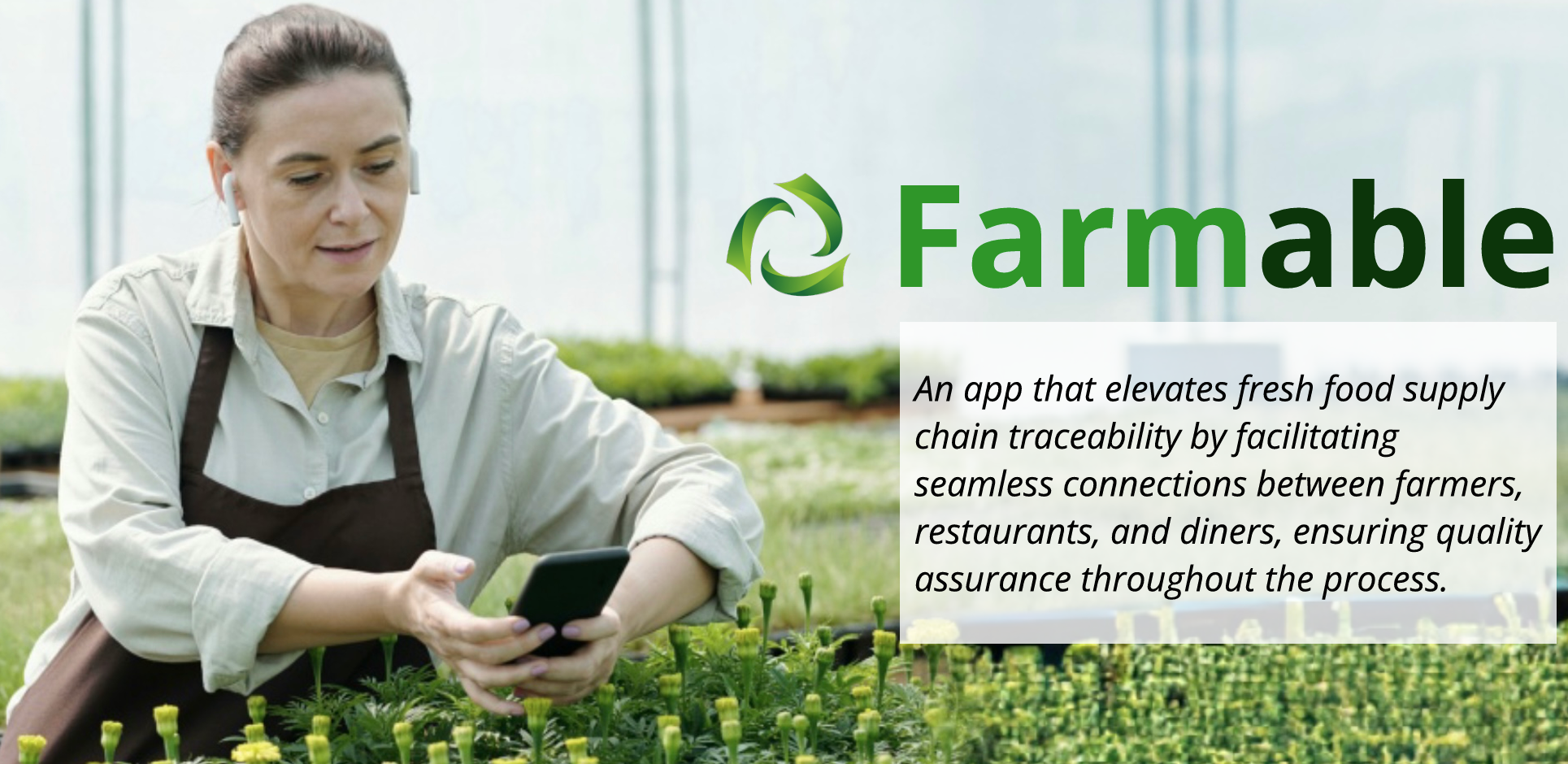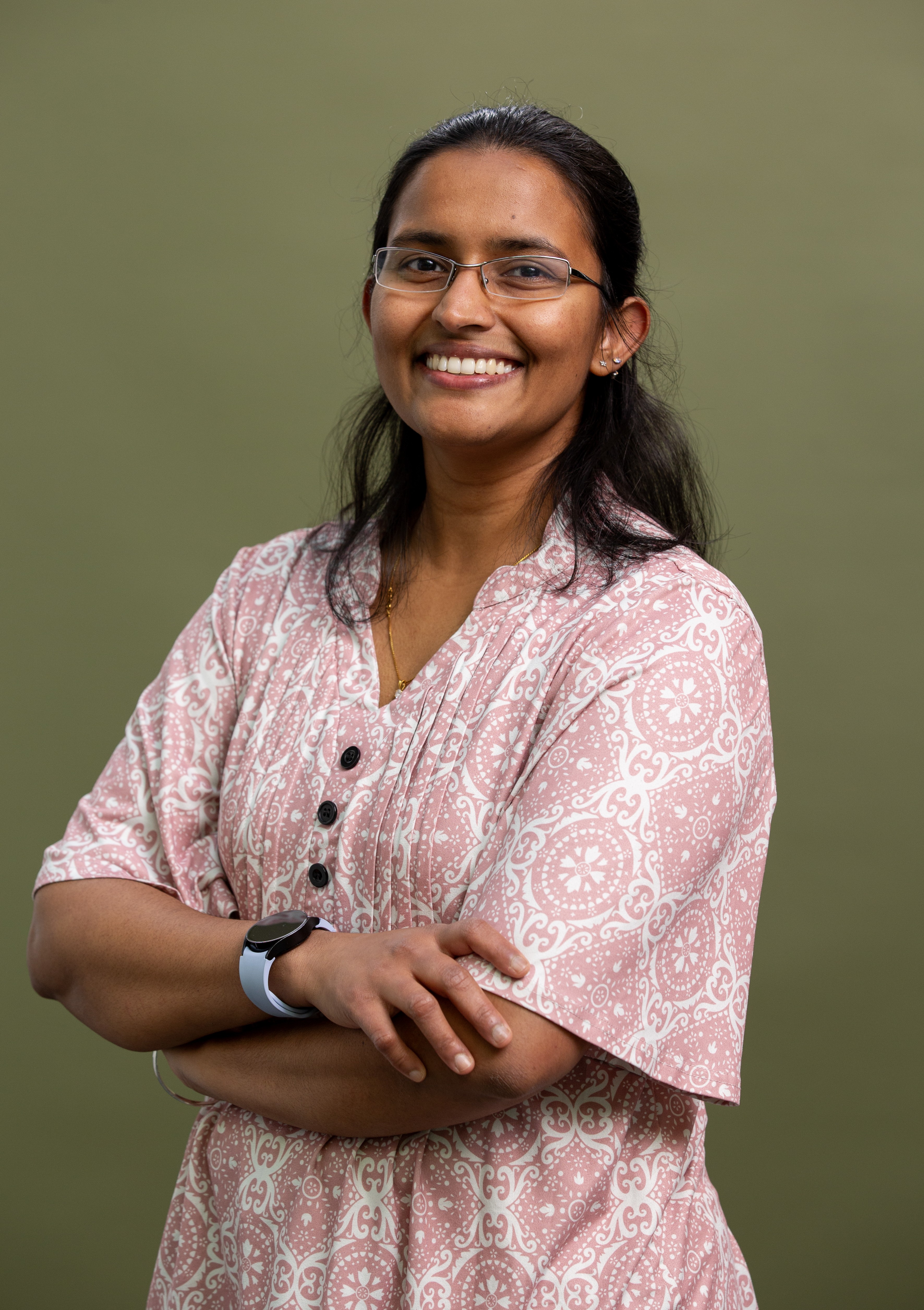
Vaishnavi Ranganathan
Principal Researcher
Microsoft Research, Redmond
Affiliate Asst. Professor
University of Washington, Seattle
About Me
I started my research career as a little snowflake on top of a mountain that started rolling down. Now I feel like an avalanche that just kept collecting more snow (and a decent bit of debris) along the way 😊.
I call myself a Sensing Systems Researcher, and I keep this intentionally vague owing to the wild trajectory that my research has taken me in in the past decade! Thanks to a very tolerant advisor, managers, colleagues and mentors I got to work with (and sometime lead) impactful and fun projects that I am passionate about (My research section below should give you an idea). I have so far tried to use my experience building Sensing Systems and technology to address global challenges in healthcare, agriculture and sustainability. In the era of AI, I am now on a journey to explore exciting opportunities that I can apply my learnings to. For the past year (starting end of 2024), I have been innovating with my co-conspirators at the intersection of secure AI devices, multi-modal sensing and AI personalization.
Stay tuned for more updates!
Recent Updates
- Co-chaired the first workshop on Agri Food Systems (AgSys) as a part of SenSys ‘22. The workshop was a success thanks to exciting submissions, keynote speakers (Digital Green and Strella Biotech) and, panelists - November 2022
- Appointed as Affiliate Asst. Professor at ECE, UW - July 2022
- Check out our submission “Re-Inventing the Food Supply Chain with IoT: A Data-Driven Solution to Reduce Food Loss”, at IEEE IoT Magazine. The article speaks about our research efforts in addressing challenges in the global food supply chain - March 2022
Research at Microsoft
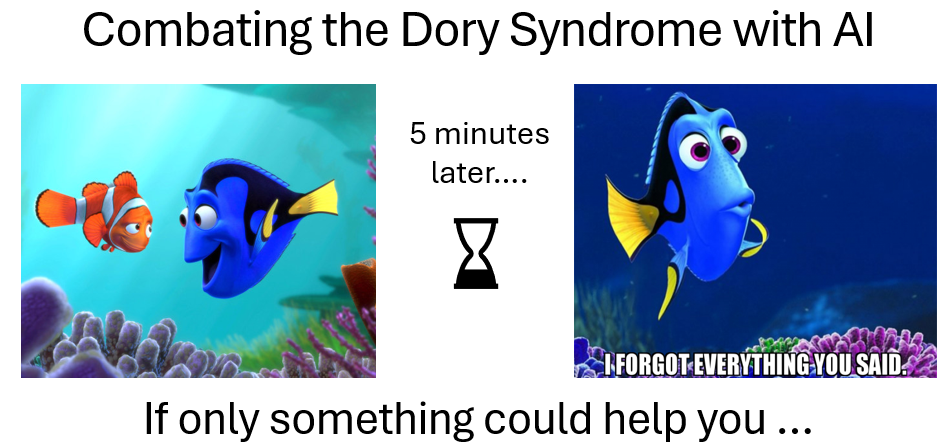
Nov 2024 - current
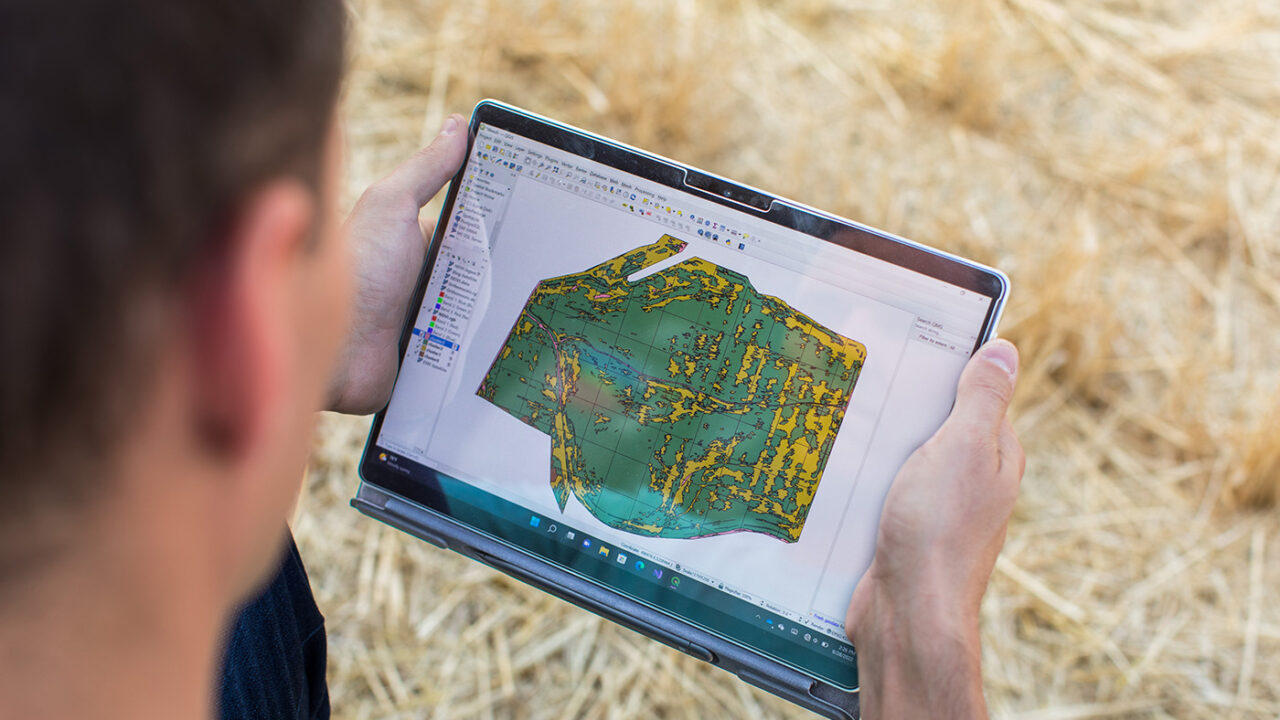
Oct 2020 - Dec 2024
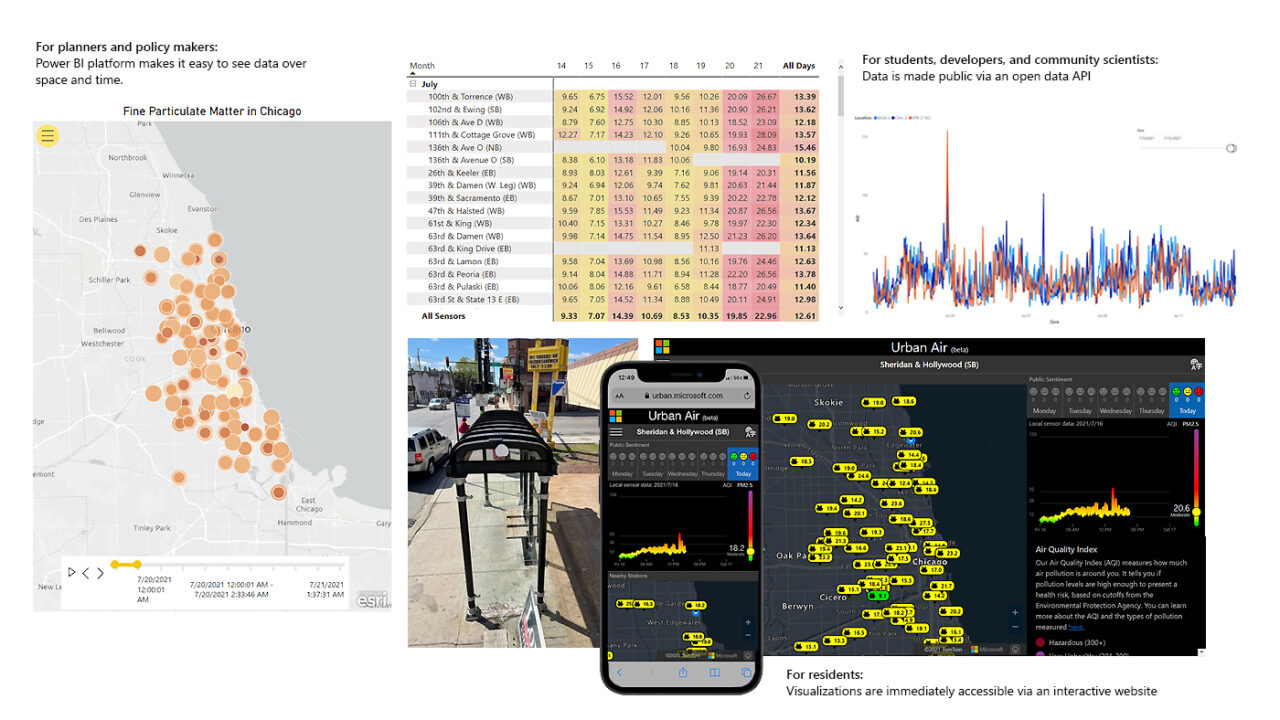
Feb 2019 - Sept 2022

June 2016 - current
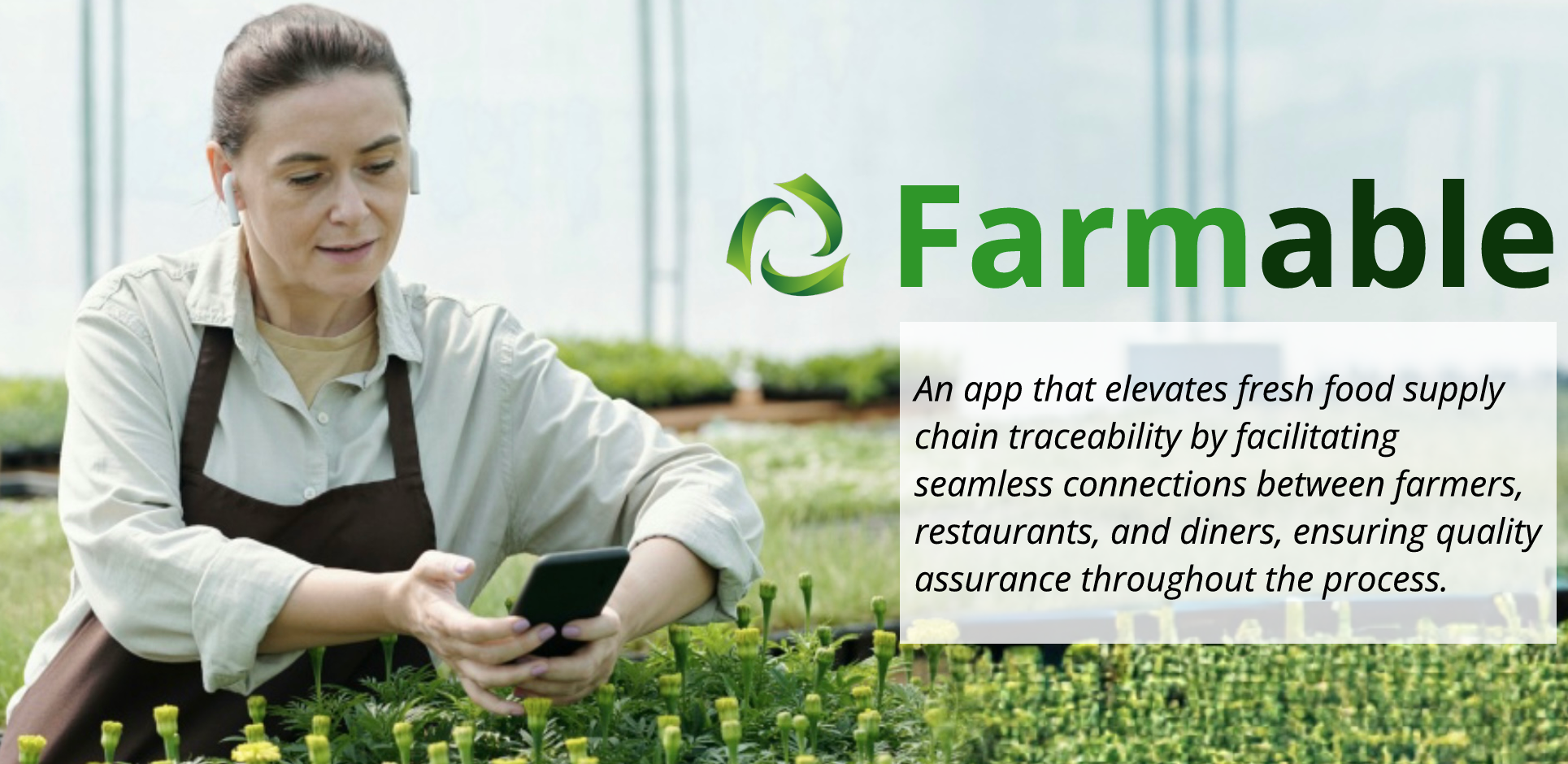
Sept 2023 - March 2025
Academic Background
Graduate: PhD. in Electrical & Computer Engineering, Sensor Systems Lab, University of Washington, Seattle
Aug 2013 - July 2018
I graduated with a Ph.D. from the Sensor Systems Lab at the University of Washington, Seattle, WA. The primary focus was applying my research on low-power, wireless, sensing and communication systems towards building a Brain-Computer-Spinal Interface, a closed-loop neural implant prototype that was the first of its kind to assist in spinal-cord-injury rehabilitation.
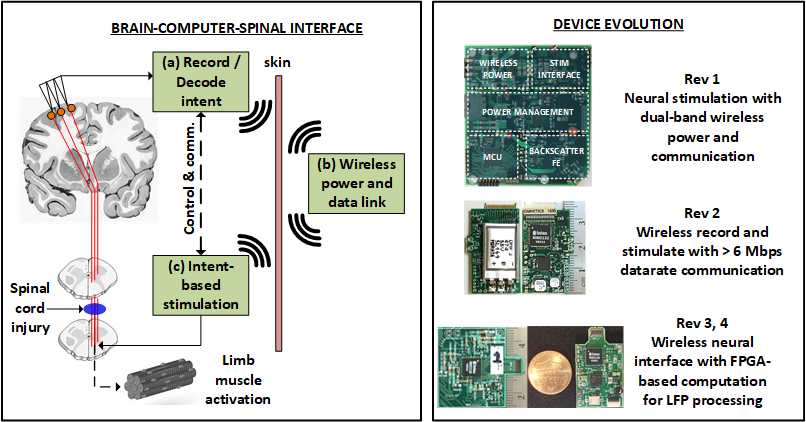
Aug 2013 - Jul 2018
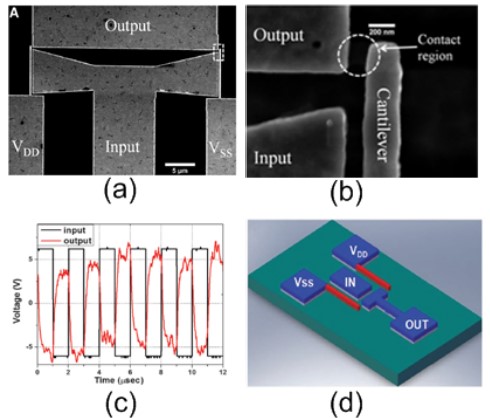
Aug 2011 - Jul 2013
Undergraduate: B.Tech in Electronics and Instrumentation Engineering/Amrita School of Engineering, India
Aug 2007 - July 2011
I received my B.Tech in Electronics and Instrumentation Engineering from Amrita School of Engineering, Coimbatore, India and was a Visiting Researcher at the Indian Institute of Technology (IIT), Bombay during my senior year in B.Tech. As an undergraduate I gained experience in robotics, MEMS and was a member of SAE India.
